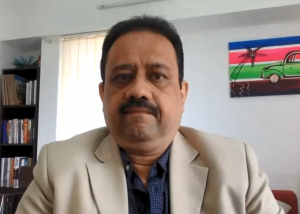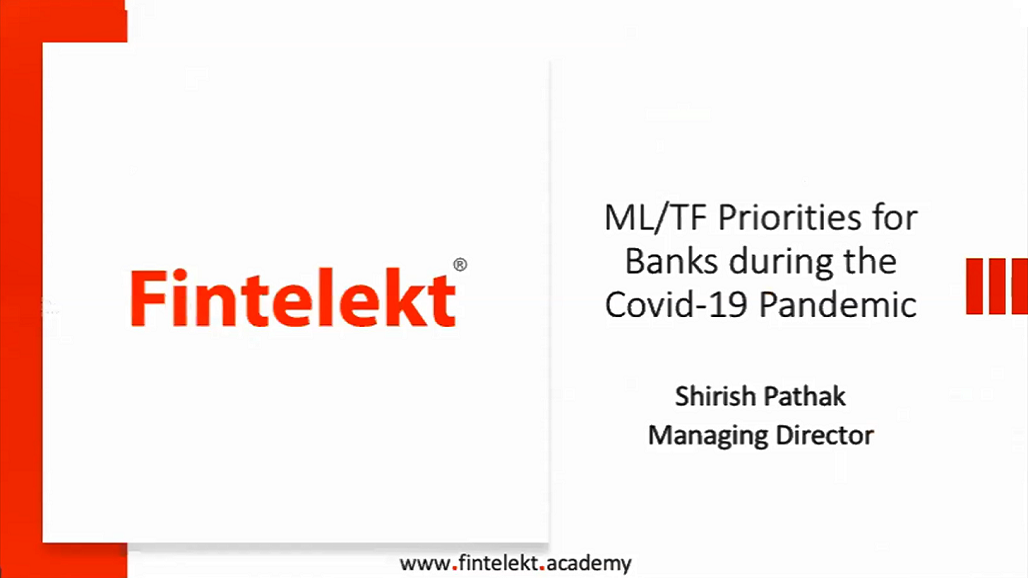ABA Position Paper on Specific AML/CFL-Related Priorities for Banks Due to the Pandemic
Specific AML/CFL-Related Priorities for Banks Due to the Pandemic
The Covid-19 pandemic has exacerbated financial crime and led to heightened money laundering (ML) and terrorist financing (TF) risks for financial institutions across the globe. The Financial Action Task Force (FATF) which is the international standard setting body for AML/CFT published a report on Covid-19-related Money Laundering and Terrorist Financing in May 2020 and subsequently an update in December 2020. The report pointed to a significant rise in ML/TF risks, particularly in the areas of counterfeiting, fraud, cybercrime, property crimes and corruption on account of vulnerabilities due to lockdowns and supply chain disruptions.

Even as ML/TF risks increased during the pandemic, regulatory pressure on reporting entities did not abate, witnessed in continuing enforcement actions and an increase in Anti-Money Laundering (AML) and Countering the Financing of Terrorism (CFT) obligations. Regulators have stressed upon continuous risk assessments by reporting entities, improving the quality of suspicious transaction reports, and using technology to improve the efficiency as well as effectiveness of AML/CFT monitoring.
In this paper, I would like to discuss three themes that have taken on greater prominence during the pandemic: Anti-Corruption, Economic Sanctions and Financial Inclusion. I will discuss some of the key trends within these issues and the compliance tools available with banks.
(1) Anti-Corruption:
(2) Economic Sanctions
During the Covid-19 pandemic, the number and complexity of sanctions levied by the US, UK, Canada and European Union has continued to grow. Co-ordinated action has been witnessed for sanctions against countries such as Belarus and Myanmar. Sanctions have targeted issues such as trade, corruption, and human rights abuses. The risk of secondary sanctions especially by the Office of Foreign Asset Controls (OFAC) of the US Treasury continues, especially for engaging in transactions involving Iran and North Korea.
To combat the sanctions risk, a continuous and dynamic assessment of sanctions risks in all areas of the business is highly recommended. The sanctions risk is especially high for trade and cross-border remittances. Screening and trade surveillance will necessitate appropriate investments in technology and in creating a well-trained team that includes staff with knowledge and expertise in economic sanctions.
(3) Financial Inclusion:
(4) Conclusion
Recommendations for banks’ response to the increasing risks and regulatory pressures during the pandemic will be discussed in greater detail during the presentation, which Fintelekt would encourage the ABA to promote to its member countries in the interest of developing a strong compliance regime in the region.
Prepared for the Asian Bankers Association by:
Mr. Shirish Pathak
Managing Director
Fintelekt Advisory Services


